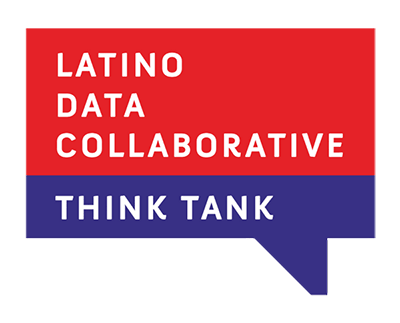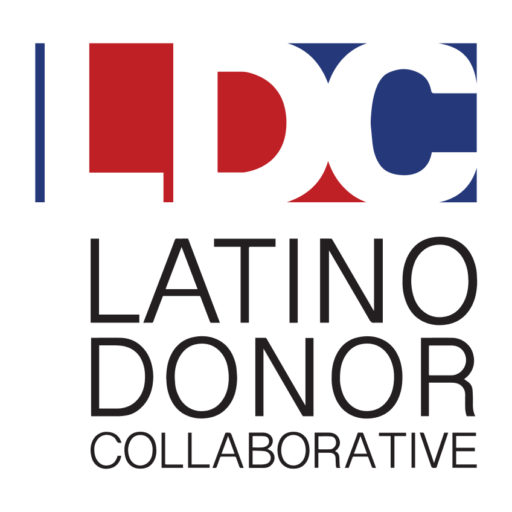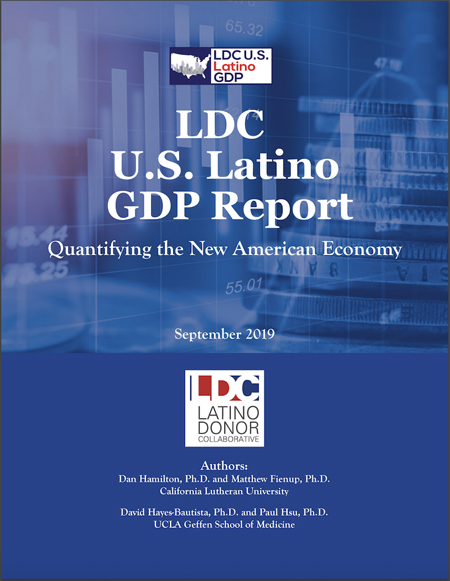SUMMARY: The Latino GDP Report is one of the first studies to calculate the Gross Domestic Product of American Latinos. This study found that the U.S Latino GDP is the 8th largest in the world, trailing the U.S, China, Japan, Germany, India, the United Kingdom, and France.
TALKING POINTS:
- The Latino GDP is the third fastest growing among the ten largest GDPs in the world and the fastest growing among fully developed countries.
- Personal consumption among U.S Latinos has a growth rate of 72% from 2010-2017, a factor which
- Latino households from 2010-2017 grew at 19%, compared to 3% for non-Latinos.
- The number of educated Latinos rose by 51% during 2010 to 2017, while for non-Latinos it rose by 21%.
BUZZ:
- Microsoft News, “Latino GDP grew faster than overall U.S. economy between 2010-2017”, Ali Velshi
- Breitbart, “Ortiz: Why President Trump Will Enjoy Success with Hispanics in 2020”, Alfredo Ortiz
- NBC News, “Latino GDP grew faster than overall U.S. economy between 2010-2017”, Ali Velshi
- The Wall Street Journal, “Latino Workers Save America From Stagnation”, Sol Trujillo
- The Hill, “Why President Trump will enjoy success with Hispanics in 2020”, Alfredo Ortiz
- MSNBC, “New report charts economic impact of Hispanic Americans”, Good Morning Joe
- Hola, “ZOE SALDANA, THE ESTEFANS AND MORE CELEBS ARE SHOWING LATINX ENTREPRENEURS THE RIGHT L’ATTITUDE”, Natalie Trejo
DATE OF PUBLICATION: September 2019
AUTHORS: Dan Hamilton and Matthew Fienup (CERF), Paul Hsu and David Hayes Bautista (UCLA)
ABOUT THE RESEARCHERS: Center for Economic Research & Forecasting (CERF) is a nationally recognized economic forecasting center. CERF economists Matthew Fienup and Dan Hamilton are members of the Wall Street Journal Economic Policy surveys. In 2016, CERF was awarded second prize in the annual NABE Economic Outlook award, for the most accurate quarterly U.S. economic forecast among 80 professional forecasting centers. Authors: Dan Hamilton and Matthew Fienup
Since 1992, UCLA’s Center for the Study of Latino Health & Culture (CESLAC) has provided cutting-edge research, education and public information about Latinos, their health and their impact on California’s economy and society. Authors: Paul Hsu and David Hayes Bautista



